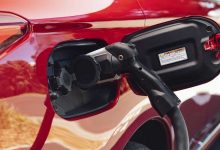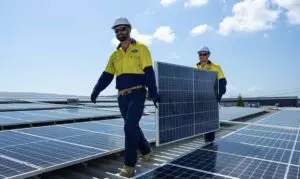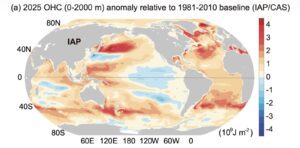Victoria’s peak infrastructure advisory body has recommended that the state government drop annual registration fees for electric vehicles (EVs) as part of its draft 30-year strategy released on Wednesday.
The new strategy, which outlines the infastructure needs to reach net zero emissions by 2050, also suggests that – in the absence of federal government t action, the Victorian Government could set an end date for the sale and registration of internal combustion engine vehicles in Victoria and “consider …. policy levers to phase out all internal combustion engine vehicles during the next 30 years.”
In addition to dropping annual fees for EVs, the document recommends preparing the state’s electricity network for extra demand anticipated by the uptake of electric vehicles, and for all new buses and vehicles for government fleets to be electric within the next five years “where appropriate models are available”.
“Throughout 2020, Victorians have demonstrated we are adaptable, resilient and prepared to make big changes when needed,” Infrastucture Victoria CEO Masson said.
“In the decades ahead, we will need to maintain that spirit in the face of technological disruption, climate change, lower population growth and unexpected challenges.”
“The infrastructure we plan now must provide for a net zero-emissions economy by 2050, support the transition to a circular, zero-waste economy and deliver innovative solutions to drive trade and investment in agriculture, tourism, manufacturing, and other key industries.”
The strategy notes the recent announcement by the Victorian government that it would introduce road-user based charging for owners of electric vehicles, a move that drew widespread criticism from automotive and environmental sectors as premature and damaging for the fledging EV industry.
To read the full version of this story, please go to our EV-focussed sister site, The Driven and click here…







